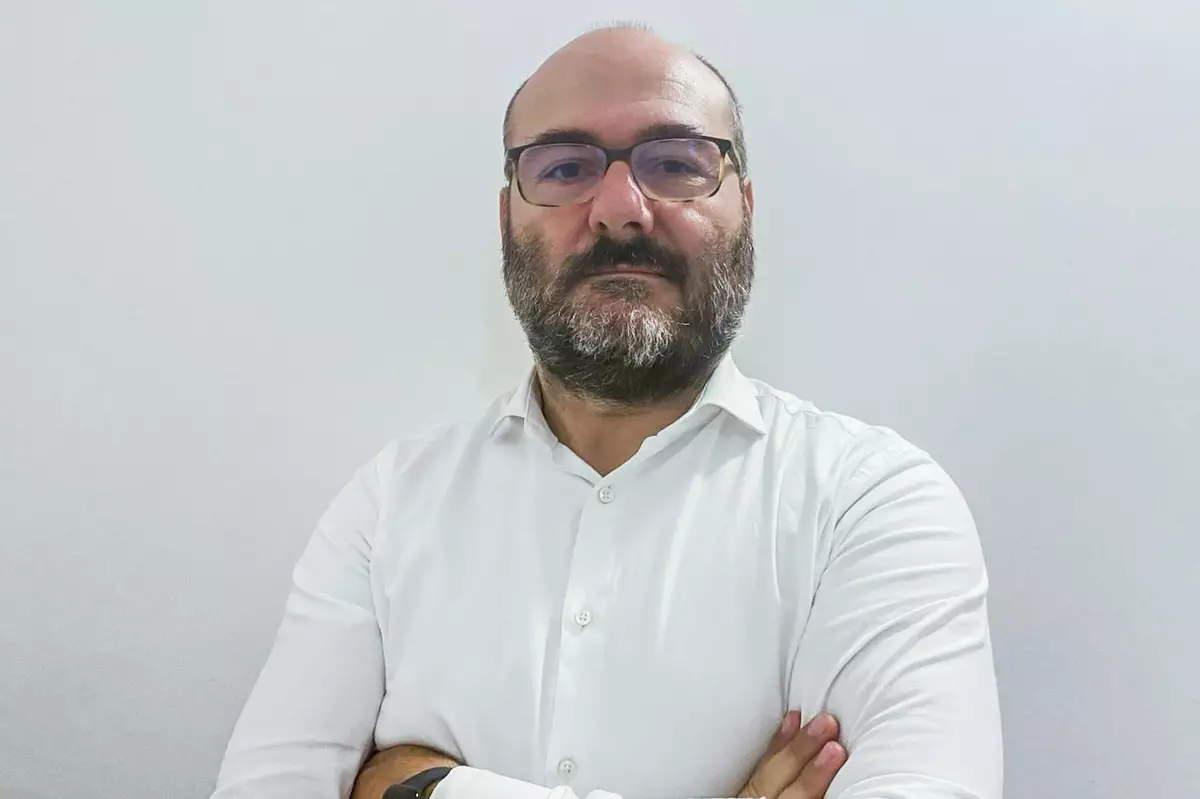The MotoGP grid is poised for substantial change as two key players, Romano Albesiano and Fabiano Sterlacchini, switch allegiances between Aprilia and Honda ahead of the 2025 season. The moves not only reflect the ongoing dynamic nature of motorcycle racing but also highlight the urgent need for both teams to recalibrate their strategies amidst performance challenges. Albesiano’s transfer to Honda comes after a decade-long tenure at Aprilia, during which he contributed significantly to the development and evolution of the team’s competitive edge in the paddock.
Honda’s recent struggles on the racetrack are well-documented, marking a departure from their once-dominant status in MotoGP. By signing Albesiano, the iconic manufacturer is betting on fresh leadership to revitalize its performance. Albesiano’s track record with Aprilia, a team that has seen a remarkable ascent in form and competitiveness under his guidance, suggests that Honda is not simply looking for a replacement; they are seeking to inject innovative thinking and a renewed sense of purpose into their operations. This move correlates with Honda’s broader strategy to regroup and enhance their bike’s setup after reallocating their current technical director, Ken Kawauchi, to the test team.
Conversely, Aprilia appears to be undergoing a comprehensive restructuring. Sterlacchini’s arrival marks a new chapter, as the team gears up for not just a competitive 2024 season but also for a substantially different 2025 with the anticipated signing of talented riders Jorge Martin and Marco Bezzecchi. This influx of new talent, paired with Sterlacchini’s engineering expertise, signifies Aprilia’s commitment to remaining a potent force in the championship. Sporting director Massimo Rivola’s comments underscore an ethos oriented toward collective improvement, emphasizing that the success of a racing team hinges not on one individual but on a cohesive, focused organization that embraces forward momentum.
The implications of these leadership changes reach beyond the immediate teams involved. Each transfer resonates throughout the MotoGP ecosystem, influencing team dynamics, competitive strategies, and even the morale of the riders. While teams shuffle their talent and resources, they must also contend with the psychological aspects of such transitions. Riders must adapt to new engineering philosophies, while team members reassess their roles and contributions in light of incoming leadership.
As both Aprilia and Honda prepare for the upcoming MotoGP season, the stakes are higher than ever. With the ever-evolving landscape of motorcycle racing, these decisions will offer critical insights into how teams adapt to pressures both on and off the track. The coming months will likely give us a clearer picture of whether these strategic changes will yield the desired resurgence for Honda and continued advancement for Aprilia. As MotoGP enthusiasts watch eagerly, the words of Rivola resonate: success is a collective endeavor, and the journey forward has just begun.

